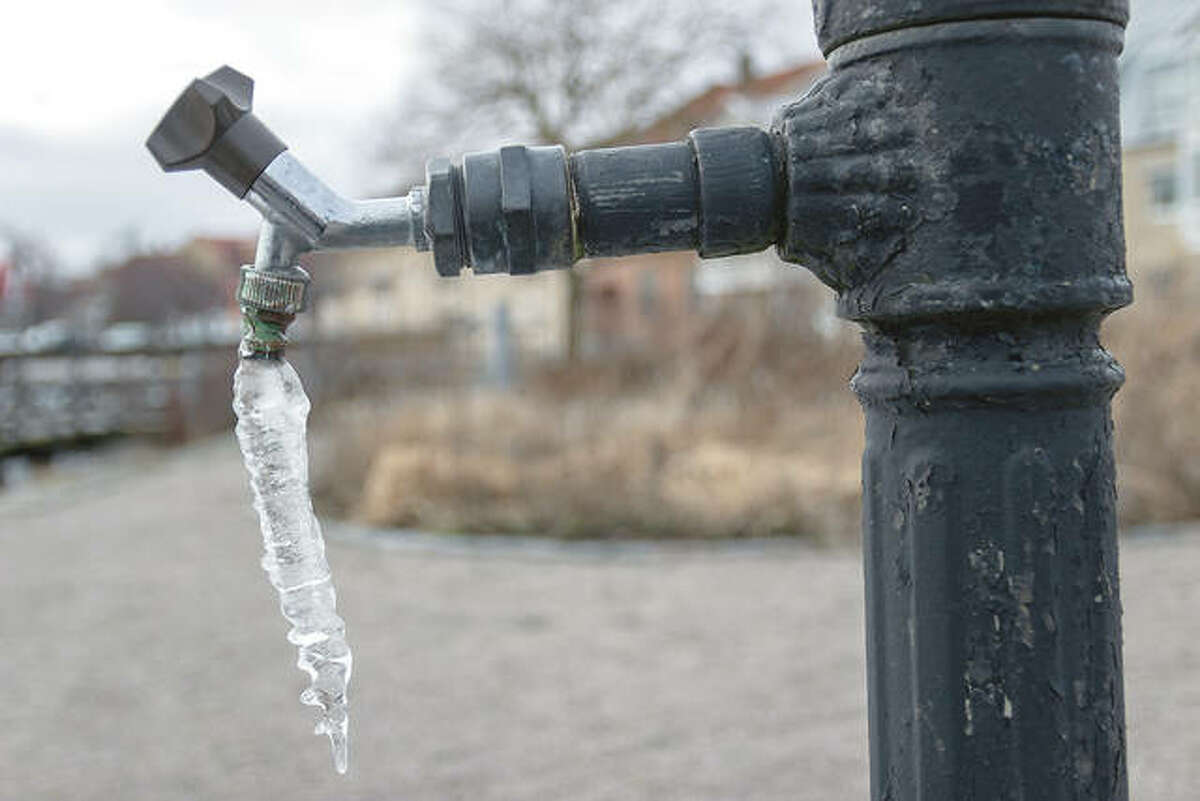Ways to Defend Plumbing System from Cold Weather: Key Advice
Ways to Defend Plumbing System from Cold Weather: Key Advice
Blog Article
What are your ideas about How To Avoid Freezing Pipes?

Winter can ruin your plumbing, particularly by freezing pipes. Right here's exactly how to avoid it from occurring and what to do if it does.
Intro
As temperature levels decline, the threat of icy pipes increases, potentially resulting in expensive repairs and water damage. Recognizing exactly how to stop icy pipes is crucial for homeowners in cold environments.
Prevention Tips
Insulating at risk pipes
Cover pipes in insulation sleeves or make use of heat tape to shield them from freezing temperatures. Concentrate on pipes in unheated or outside locations of the home.
Heating methods
Maintain interior areas adequately heated up, specifically locations with plumbing. Open cupboard doors to permit cozy air to flow around pipelines under sinks.
Just how to identify frozen pipes
Search for decreased water flow from taps, uncommon smells or sounds from pipes, and visible frost on subjected pipes.
Long-Term Solutions
Structural changes
Consider rerouting pipelines far from exterior walls or unheated locations. Add extra insulation to attic rooms, basements, and crawl spaces.
Upgrading insulation
Buy high-grade insulation for pipes, attic rooms, and walls. Proper insulation assists maintain regular temperature levels and lowers the danger of icy pipes.
Shielding Outside Pipes
Garden pipes and exterior faucets
Detach and drain pipes yard tubes before wintertime. Mount frost-proof spigots or cover outside faucets with shielded caps.
Understanding Frozen Pipes
What causes pipes to freeze?
Pipelines ice up when subjected to temperature levels below 32 ° F (0 ° C) for prolonged periods. As water inside the pipelines ices up, it broadens, putting pressure on the pipe wall surfaces and possibly causing them to burst.
Threats and problems
Frozen pipelines can cause water system disruptions, home damage, and pricey repair services. Burst pipelines can flooding homes and create substantial structural damage.
Indicators of Frozen Pipeline
Identifying icy pipes early can stop them from breaking.
What to Do If Your Pipes Freeze
Immediate activities to take
If you think icy pipelines, maintain faucets open to alleviate pressure as the ice thaws. Utilize a hairdryer or towels soaked in warm water to thaw pipes slowly.
Verdict
Stopping icy pipes needs aggressive measures and quick actions. By recognizing the causes, signs, and preventive measures, home owners can protect their plumbing during cold weather.
5 Ways to Prevent Frozen Pipes
Drain Outdoor Faucets and Disconnect Hoses
First, close the shut-off valve that controls the flow of water in the pipe to your outdoor faucet. Then, head outside to disconnect and drain your hose and open the outdoor faucet to allow the water to completely drain out of the line. Turn off the faucet when done. Finally, head back to the shut-off valve and drain the remaining water inside the pipe into a bucket or container. Additionally, if you have a home irrigation system, you should consider hiring an expert to clear the system of water each year.
Insulate Pipes
One of the best and most cost-effective methods for preventing frozen water pipes is to wrap your pipes with insulation. This is especially important for areas in your home that aren’t exposed to heat, such as an attic. We suggest using foam sleeves, which can typically be found at your local hardware store.
Keep Heat Running at 65
Your pipes are located inside your walls, and the temperature there is much colder than the rest of the house. To prevent your pipes from freezing, The Insurance Information Institute suggests that you keep your home heated to at least 65 degrees, even when traveling. You may want to invest in smart devices that can keep an eye on the temperature in your home while you’re away.
Leave Water Dripping
Moving water — even a small trickle — can prevent ice from forming inside your pipes. When freezing temps are imminent, start a drip of water from all faucets that serve exposed pipes. Leaving a few faucets running will also help relieve pressure inside the pipes and help prevent a rupture if the water inside freezes.
Open Cupboard Doors
Warm your kitchen and bathroom pipes by opening cupboards and vanities. You should also leave your interior doors ajar to help warm air circulate evenly throughout your home.

We hope you liked our article about Winter Plumbing Precautions: Preventing Frozen Pipes. Many thanks for finding the time to read our blog post. Sharing is nice. You never know, you may very well be doing someone a favor. Many thanks for being here. Kindly stop by our website back soon.
Make An Appointment Report this page